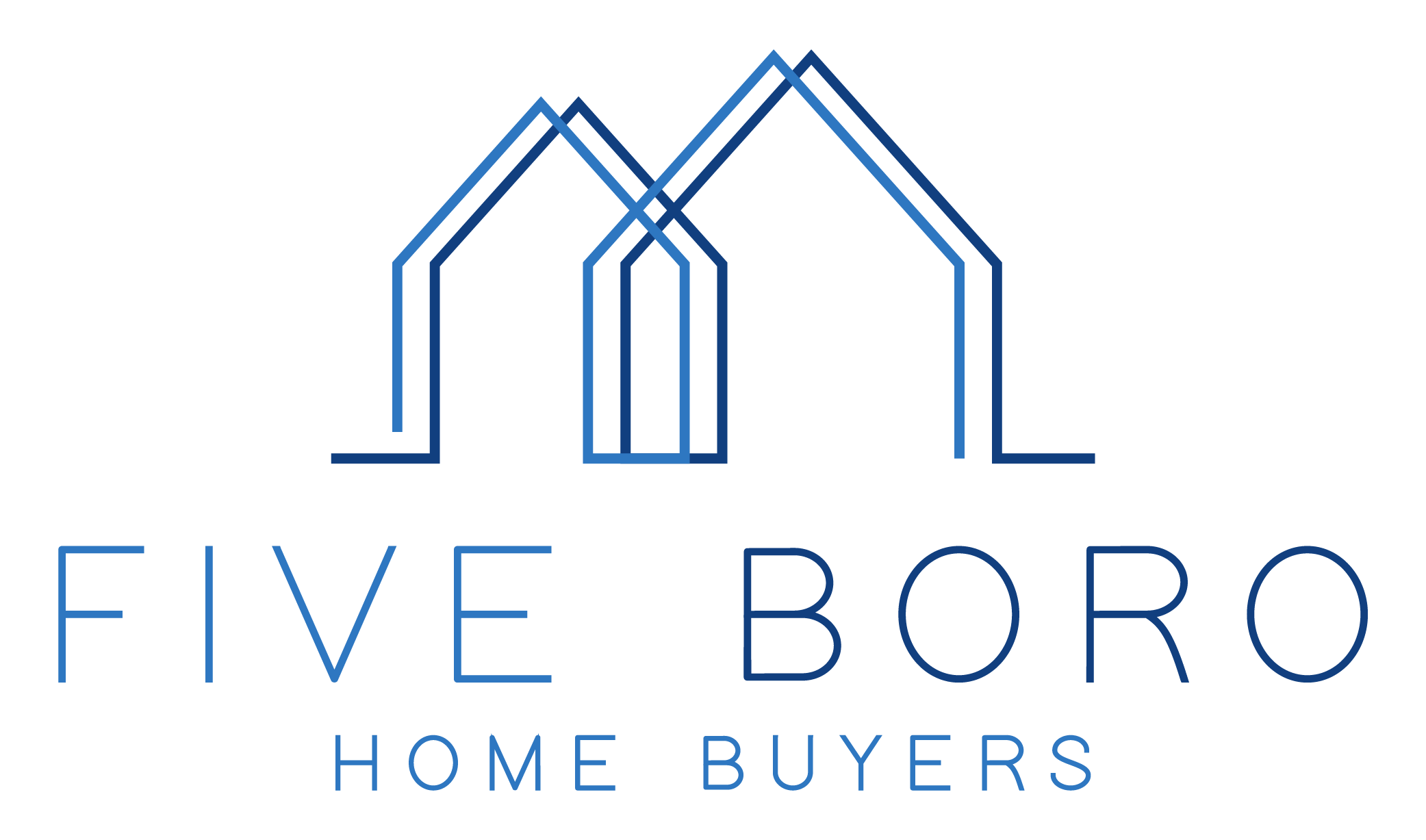Falling behind on mortgage payments can be a frightening situation. You don’t want to lose your home, but you know that if you can’t meet your obligations, that becomes a real possibility.
Mortgage delinquencies are down overall, but all it takes is an unexpected emergency, government shutdown or natural disaster to throw your finances into chaos.
If you find yourself among those teetering on falling behind on your mortgage payments, there are steps you can take to stay in your home. Read on to find out what they are.
Take a Close Look at Your Financial Situation
You need to sit down and take an honest look at your finances. Assess whether or not this is a temporary situation or a long-term situation. About 40% of Americans can’t cover a $400 emergency, which makes it more likely that people will face this type of situation.
For example, if you lost your job, how quickly do you think you’ll be able to get a new job? In the case where you see a drop in income, look to see where you can trim down other expenses.
The reason why this is important is that when you talk to your lender, you want to provide them with information about your income and your situation. They’ll help you find a solution that works.
Sell Your Home for Cash
One other option is to sell your home for cash. You can use the proceeds from the sale to pay off the mortgage on your home, leaving you free and clear to start over.
When you sell your home for cash, you’ll get a less than the full value of your home. That’s mostly because you can get cash for your home in as little as 7 days.
You’re paying for speed, but when you’re in a situation where you need to catch up on mortgage payments, it’s well worth it.
Plus, there’s no hassle dealing with real estate agents and potential buyers coming in wanting to see them home. It’s a great solution if you’re in a position where you can’t wait for a home to close.
File for Bankruptcy
Filing for bankruptcy should be your absolute last resort. It doesn’t stop the foreclosure process, but can keep you in your home a little longer and give you a chance to catch up on your mortgage payments.
This is should be considered a “nuclear option,” since bankruptcy will stay on your credit report for 10 years. That will impact your ability to get loans in the future.
Solutions for Falling Behind on Mortgage Payments
With every problem comes a solution. It’s the same with your mortgage payments. You want to make sure that if you are close to falling behind on mortgage payments, you have plenty of options available to you.
If you find yourself in a situation where you’re behind on your mortgage, we can help. Contact us today to find out more about selling your home for cash.
